Labor and Employment Attorneys
Labor and Employment Attorneys Serving Kentucky and Ohio
Labor and employment cases are often stressful for all parties involved. With our extensive knowledge and experience on both sides of labor and employment law in Ashland, Paducah, Elizabethtown, Frankfurt, Louisville, Lexington, Georgetown, and Cincinnati, you can feel confident in choosing Gatlin Voelker to fight for you.
Legal Services

Experienced Employment Attorneys with
500+
Racial Discrimination
$3+ million
Sexual Harassment
$25+ million
Employment Attorneys With Real Results
Our Attorneys Are Recognized by:




Speak to An Employment Law Attorney




Common Employment Law Questions
Seeking the advice of an experienced employment lawyer can help individuals understand their rights, evaluate the strength of their case, and navigate the legal process effectively. Additionally, employment lawyers can provide guidance on preventive measures to avoid legal issues in the workplace.
If you have been terminated from a position, and the reason may include discrimination based on factors like race, gender, age, religion, or disability, as well as retaliation for exercising legal rights, reporting illegal activities within the company, or taking protected leaves.
We know this is a stressful time. Losing your position at your work can cause hardship and cause many uncertainties. If you believe you have been discriminated against at your job, consult an attorney immediately to ensure proper steps are taken. It is important how you handle
Our employment lawyers can assist individuals in navigating employment contracts, whether it involves reviewing the terms of a new job offer or addressing disputes related to an existing employment agreement. These attorneys can provide advice on contractual obligations, non-compete agreements, severance packages, and other contractual matters.
Document the Incidents
Keep a detailed record of each incident, including dates, times, locations, people involved, and a description of what happened. Document any relevant conversations, emails, or other forms of communication related to the harassment.
Review Company Policies
Familiarize yourself with your company’s anti-harassment policies. These policies often outline the procedures for reporting harassment and may provide guidance on how the company handles such complaints.
Know Your Rights
Understand your legal rights regarding workplace harassment. Our team of experienced attorneys at Gatlin Voelker are here to help you through this difficult situation. Give our office a call to discuss if you can take legal action.
Non-compete agreements typically restrict employees from working for a competitor or starting a similar business for a certain period of time and within a specified geographic area after leaving their current employment. Before signing such an agreement, it’s advisable to carefully review its terms, consider consulting with an attorney on our team to ensure you understand the implications, and assess how it may impact your future career opportunities.
LABOR AND EMPLOYMENT LAW ARTICLES

BREAKING THE MYTHS OF NDA’S









